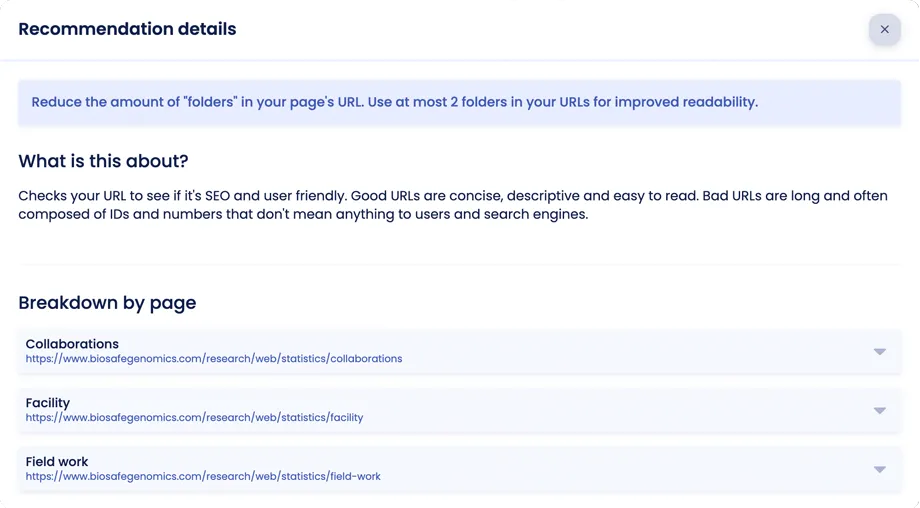How do search engines work?
Search engines like Google index your websites, along with billions of others, to help their users find the content and the answers they are looking for.
To do so, they have computer bots download the source code of every page, analyze its contents, and then extract all of the links inside to find more webpages to "read". This process is known as crawling.
Then, they can figure out which pages are more relevant to their users by seeing which ones attract more clicks and keep people reading. This allows them to sort their search results to best help their users.
